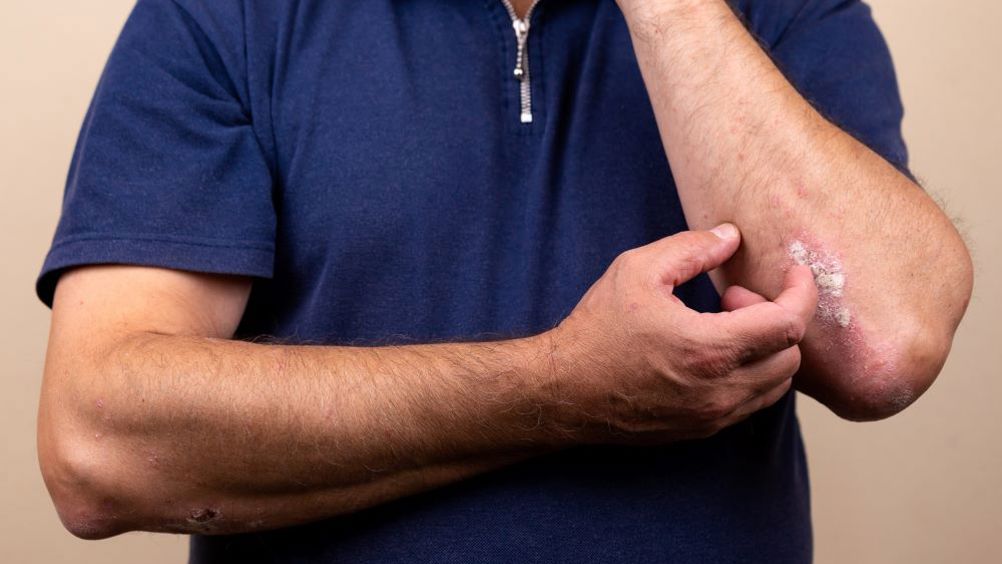References
Psoriasis: overview, treatments and implications for nursing care

Psoriasis is a chronic, immune-mediated dermatological condition (Boehncke and Schön, 2015), affecting approximately 2% of the UK's population (NHS website, 2022a). The disorder typically presents as flaking skin patches that evolve into scales, exhibiting diverse appearances based on an individual's skin tone. Although psoriasis may cause minor irritation for some people, it can significantly impact others' quality of life, particularly those experiencing severe manifestations.
This article offers an analysis of psoriasis in the nursing context, encompassing risk factors, aetiology, pathophysiology, clinical classification, causative factors, triggers, diagnosis, treatment, and nursing considerations for patients living with the condition.
Psoriasis is a complex disease with numerous risk factors and a multifactorial inheritance pattern. Approximately one-third of affected patients have a first-degree relative with the disorder, suggesting a hereditary predisposition (NHS website, 2022a). Genome-wide association studies have discovered several genetic loci related to psoriasis susceptibility; however, the exact mechanisms through which these genetic factors contribute to the condition's development remain to be elucidated (Rendon and Schäkel, 2019).
Register now to continue reading
Thank you for visiting British Journal of Nursing and reading some of our peer-reviewed resources for nurses. To read more, please register today. You’ll enjoy the following great benefits:
What's included
-
Limited access to clinical or professional articles
-
Unlimited access to the latest news, blogs and video content

